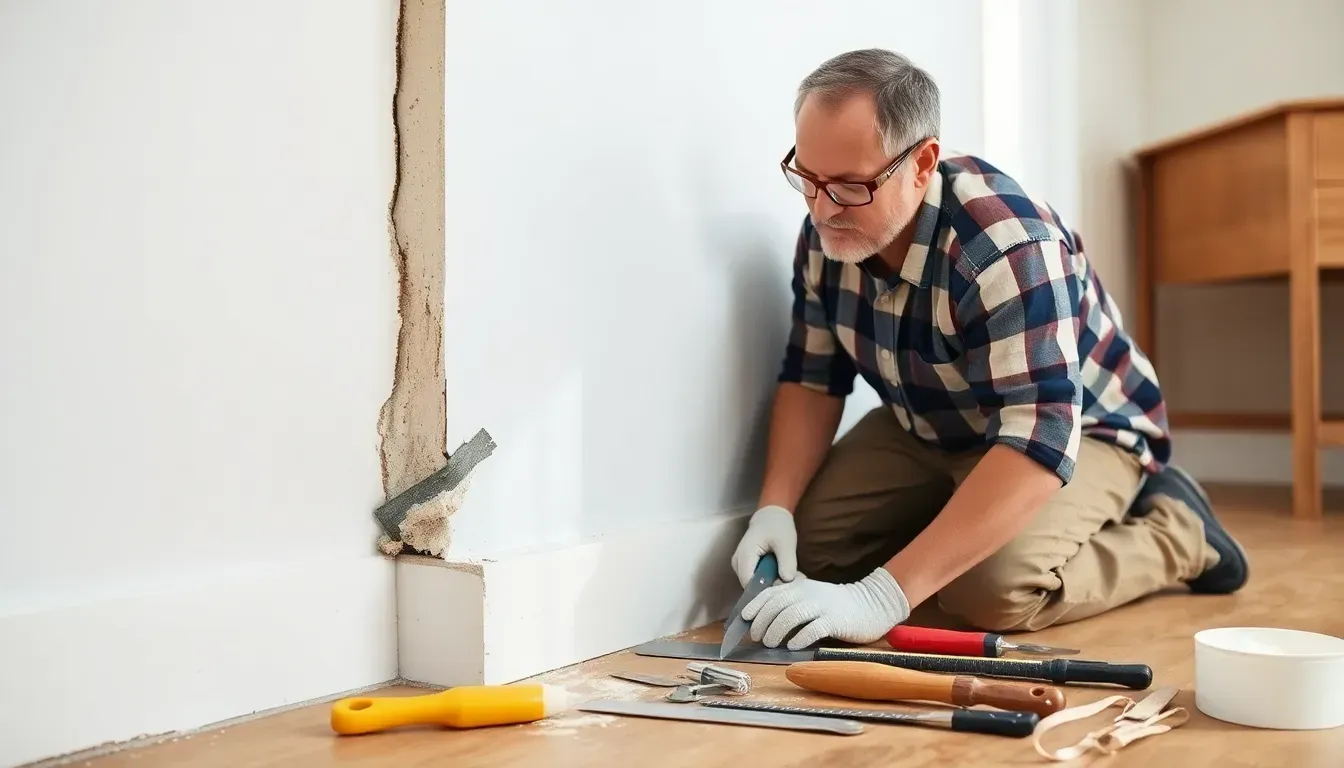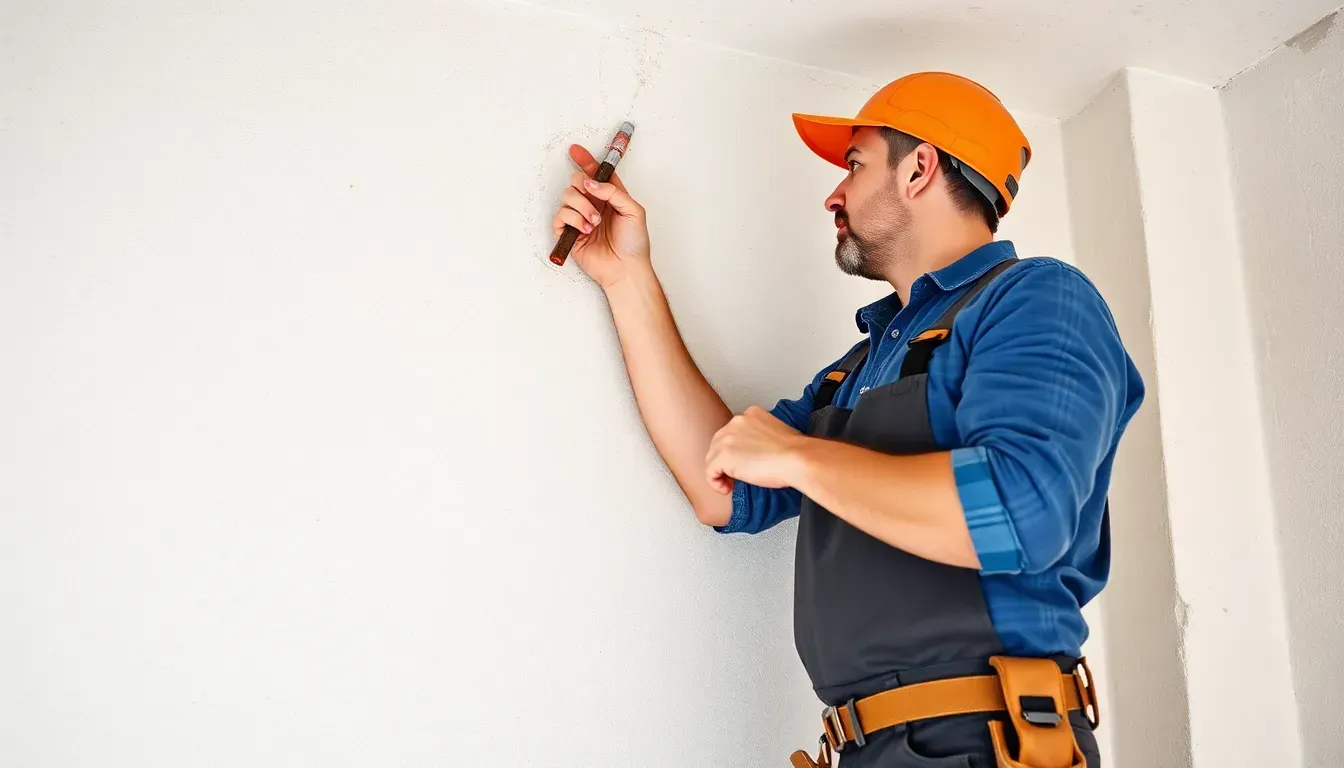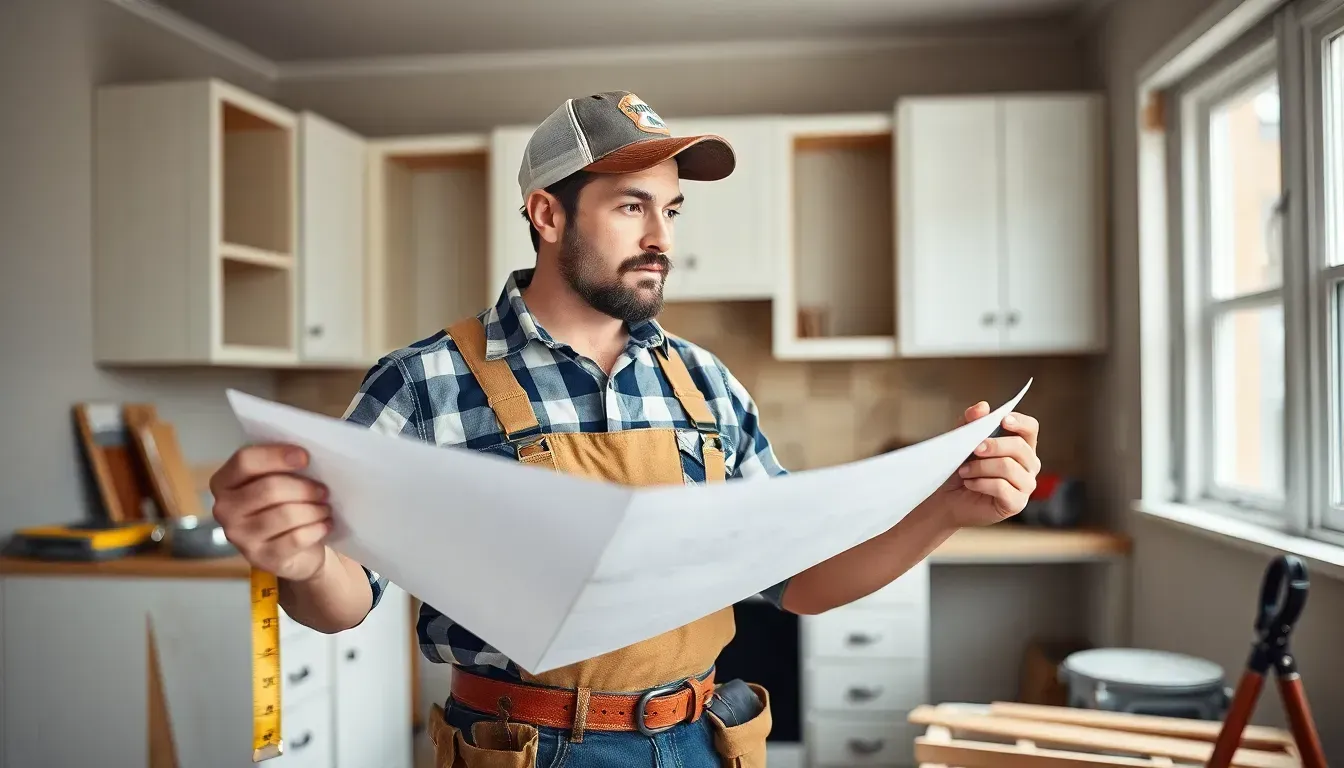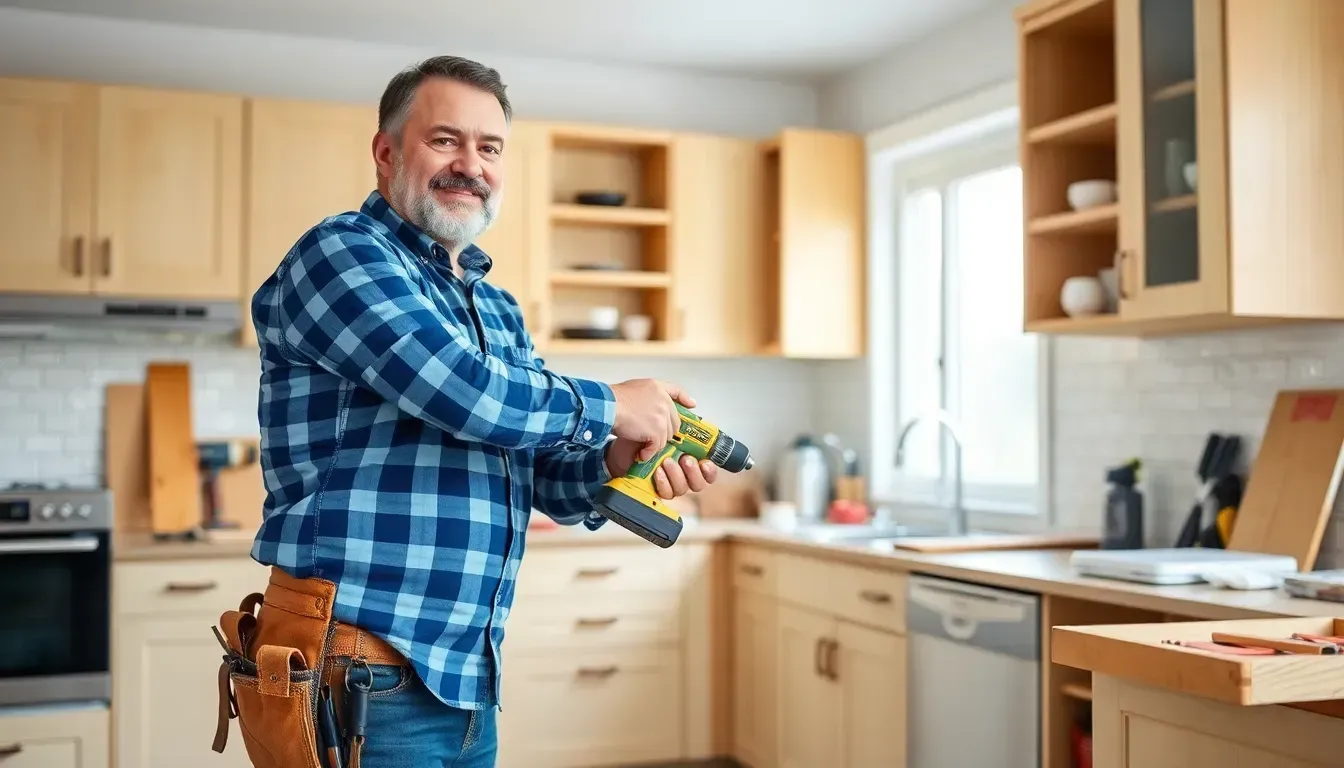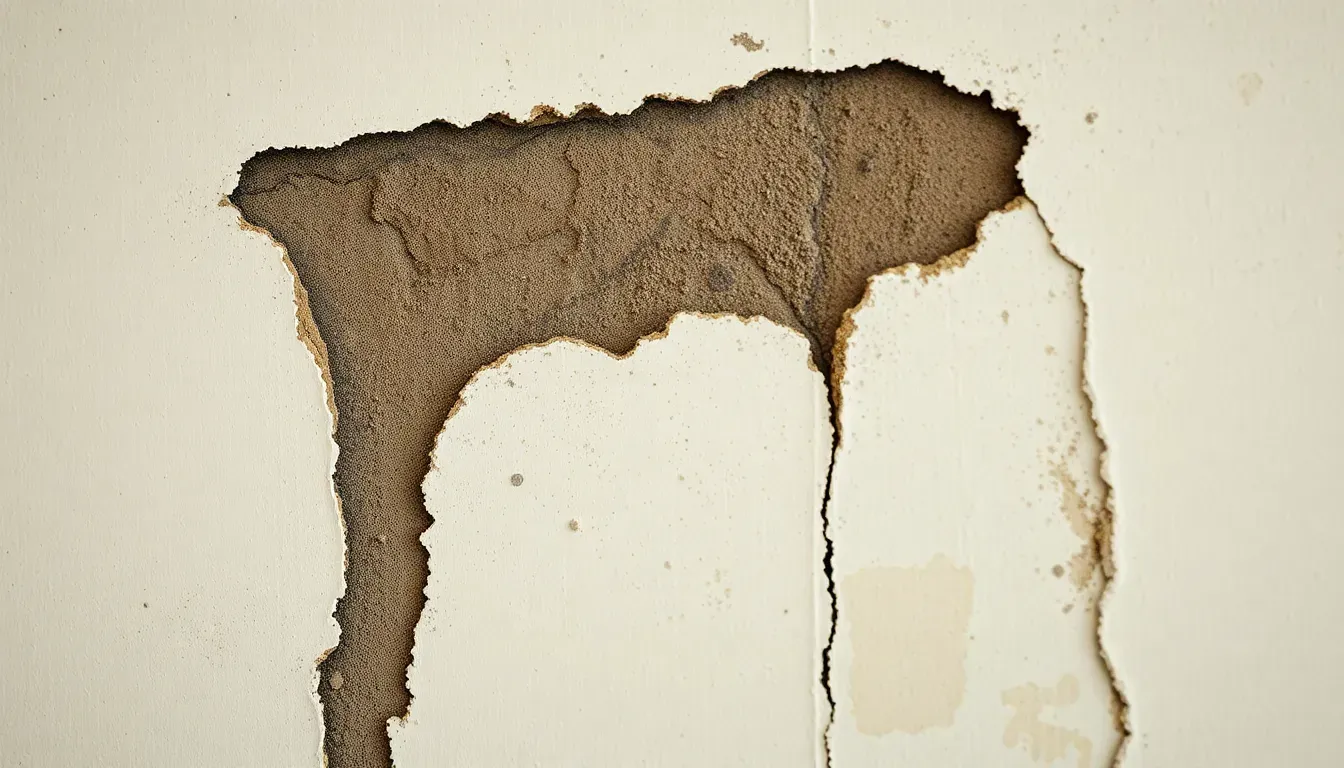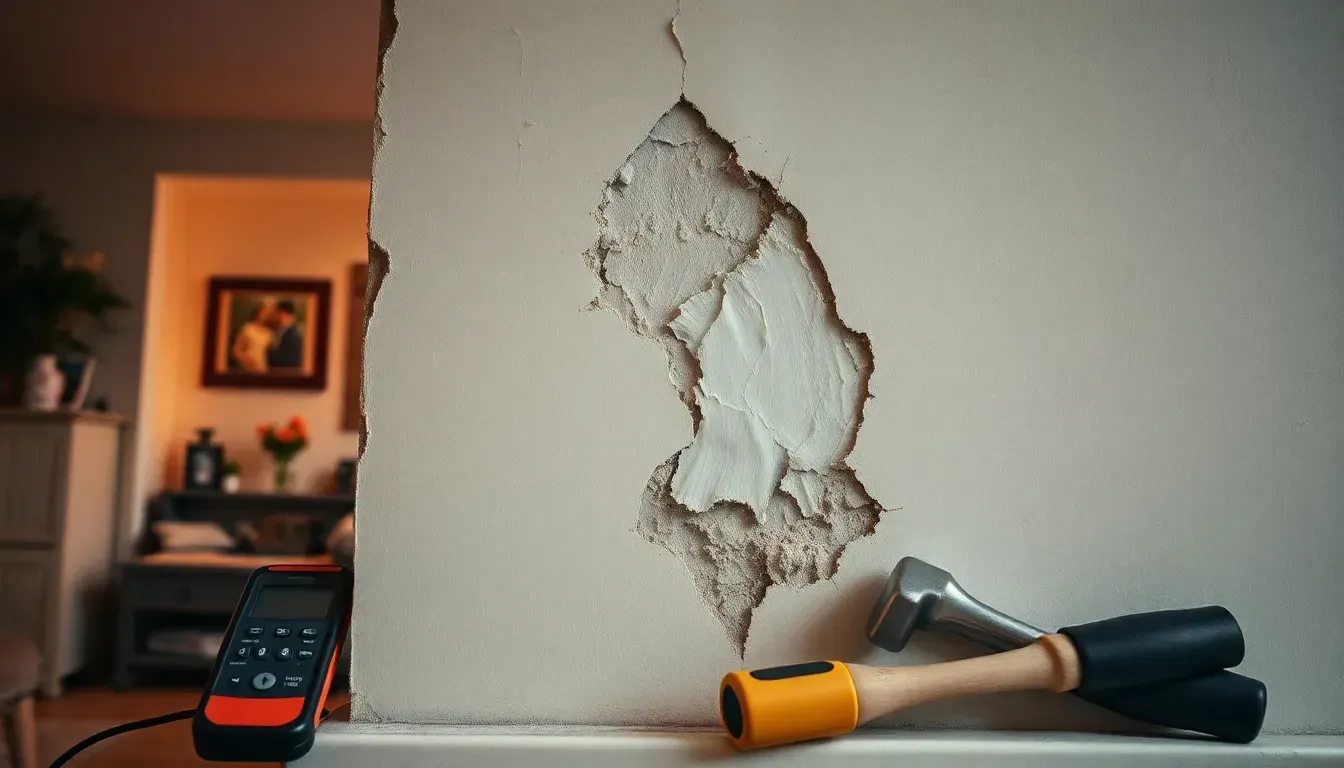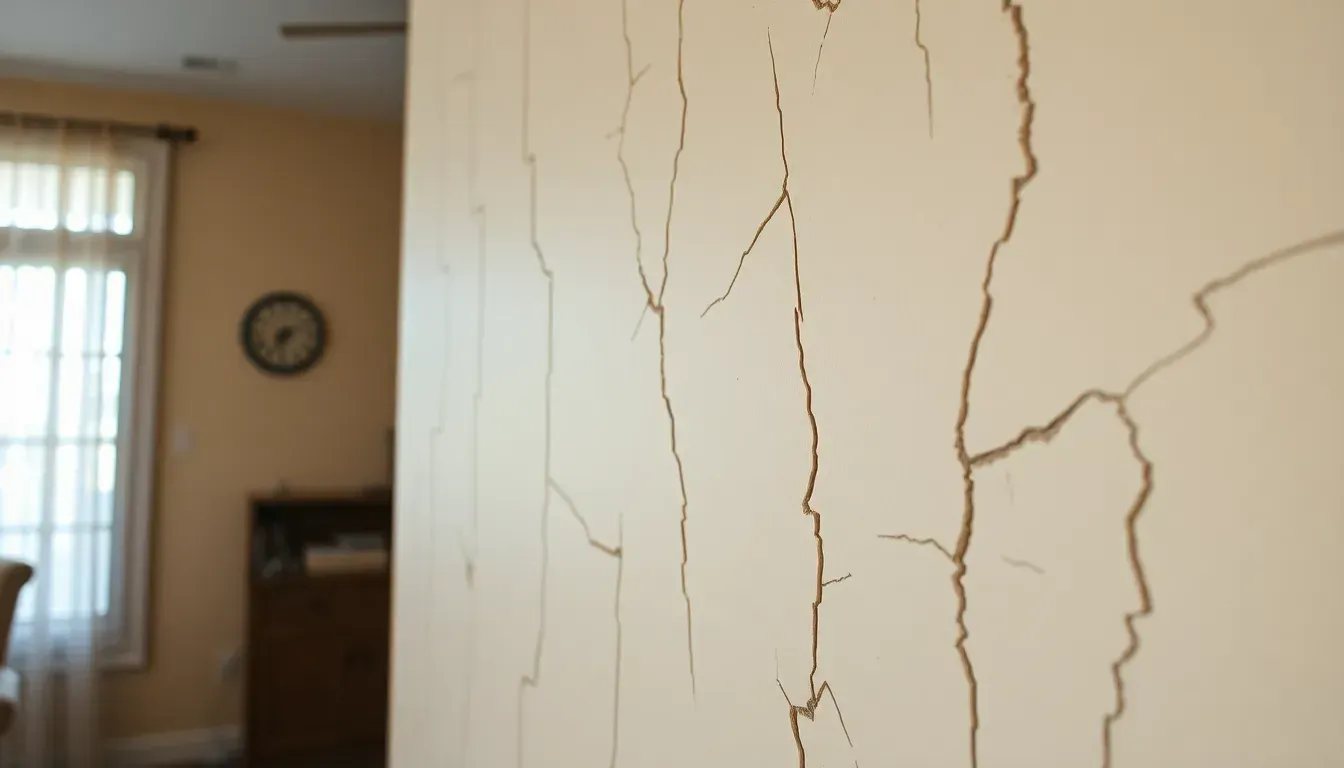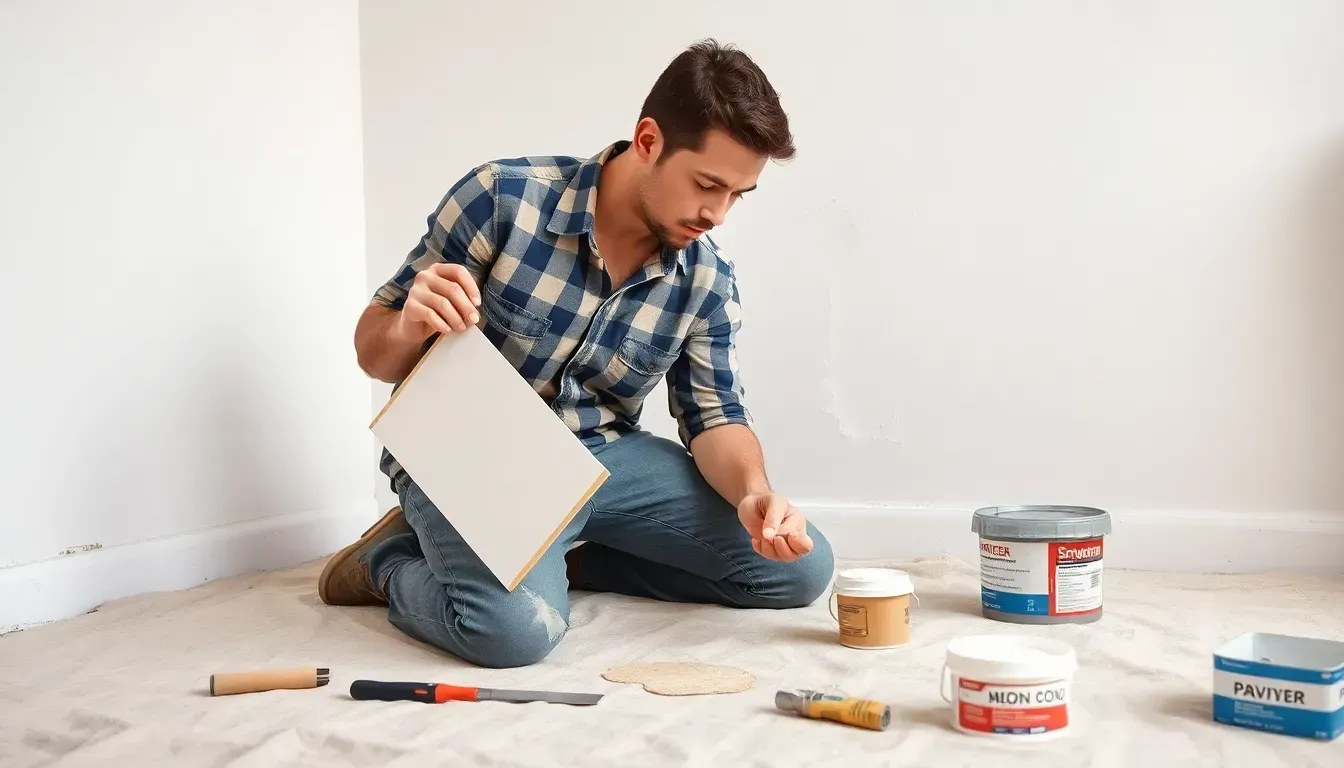New Construction Home Inspections: A Smart Investment
- New construction home inspections identify code violations, ensure structural integrity, check HVAC, plumbing, and electrical systems, and confirm construction quality.
- Phases of inspections include foundation inspection, pre-drywall, completed home inspection, and an 11-month warranty inspection.
- Common issues found: plumbing leaks, electrical problems, HVAC malfunctions, water management issues, stairway hazards, missing paint, and improper insulation.
Are new construction home inspections a luxury or a necessity? For many, the mere idea of inspecting a brand-new home might seem redundant. Instead, they trust that county inspectors have caught every error. Yet, the reality paints a different picture. Busy schedules often result in significant code violations and building issues slipping through the cracks.
New construction home inspections are not just an added expense; they are a critical investment. These inspections focus on ensuring builders adhere to current codes and standards, protecting your new home’s long-term structural integrity and investment value.
Importance of New Construction Home Inspections
County inspectors often face heavy workloads, which can lead to overlooked code violations or building issues in new homes. These officials juggle numerous inspections each day, which means they might not catch all details. As a result, new homeowners could encounter hidden problems.
Relying only on these inspections risks missing defects that could lead to costly repairs or safety concerns. A dedicated new construction inspection provides a thorough assessment to ensure the property meets all standards.
- Identifying code violations
- Ensuring structural integrity
- Checking for HVAC issues
- Verifying plumbing and electrical systems
- Confirming construction quality
- Providing peace of mind to the buyer
New construction inspections confirm that builders follow current codes and standards. They focus on ensuring new builds comply with the latest regulations, going beyond standard home inspections. These inspections give homeowners confidence that their new property is safe and built to last.
Phases of New Construction Home Inspections
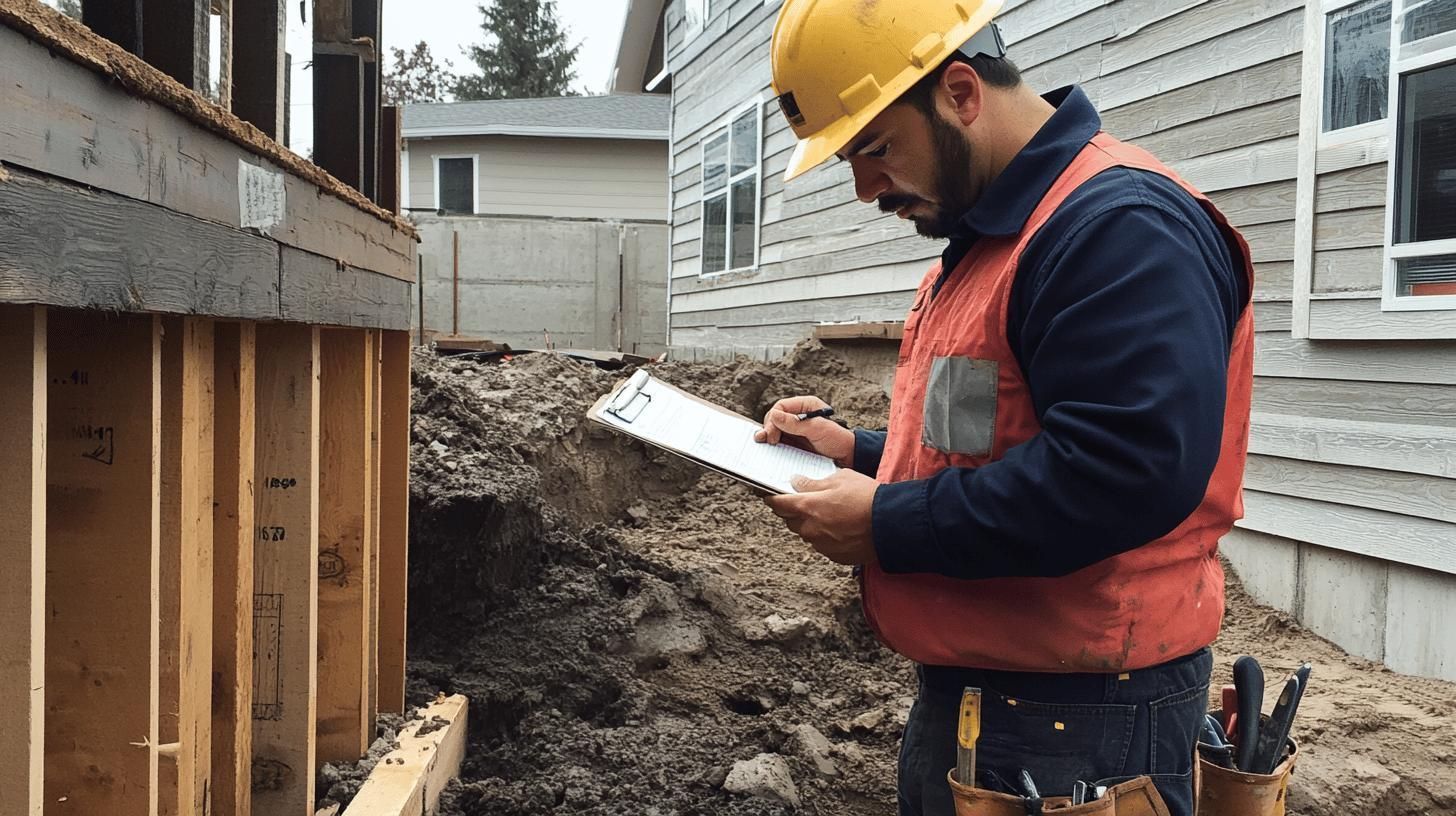
Inspection phases are crucial in maintaining a new home's structural and safety standards. By splitting the process into distinct stages, inspectors cover critical construction aspects at each step, minimizing potential oversights. This approach ensures the property meets building codes from the start.
1. Foundation Inspection
The foundation inspection is the first key step. Inspectors check stability and compliance with engineering standards. They evaluate concrete quality, proper grading, and structural reinforcements. Addressing issues here is vital, as foundation problems can cause severe structural damage.
2. Pre-Drywall Installation Inspection
In this phase, inspectors examine the home's framework before sealing walls. They ensure systems like plumbing, electrical, and HVAC are correctly installed. Inspectors hunt for issues like improper wiring and leaks. Early detection helps prevent costly repairs.
3. Completed New Construction Home Inspection
Once construction finishes, a comprehensive inspection covers the home's condition. Inspectors check everything from roof integrity to interior finishes, ensuring all elements meet safety and quality standards. This phase confirms the home is defect-free and ready for occupancy.
4. 11-Month Post-Construction Inspection
The 11-month inspection, before the builder's warranty expires, addresses issues like settling cracks or system malfunctions that arise over time. Homeowners can request repairs under warranty, protecting their investment and ensuring satisfaction.
Common Issues Found in New Construction Home Inspections
Structural and water-related problems are common in new construction inspections.
1. Structural issues like cut studs or over-notched joists can cause settlement cracks and instability.
2. Water issues, like leaks from dishwashers, can harm ceilings and foundations.
Early recognition safeguards structural soundness and prevents costly repairs.
Detecting these issues early during inspections is crucial. It allows homeowners to address defects with the builder, ensuring repairs are under warranty and before escalation.
Tips for Hiring a Qualified Home Inspector for New Construction
Hiring an experienced inspector in new construction is vital. Expertise in this area ensures the effective identification of potential issues. New builds require knowledge of current codes and attention to modern building techniques.
My Accurate Home and Commercial Services offer these new home constructions to help you make the right call as you build a home you will love and have peace of mind in.
Conclusion
Exploring the critical nature of new construction home inspections sheds light on their role in ensuring building quality and safety. These inspections go beyond what county inspectors can manage, identifying issues such as structural flaws and system inefficiencies. Hiring skilled inspectors with expertise in new construction is the final piece of the puzzle, ensuring comprehensive evaluations and peace of mind.
FAQ
What is the importance of new construction home inspections?
New construction home inspections are crucial to identify code violations and ensure construction quality. These inspections provide peace of mind by verifying structural integrity, checking HVAC, plumbing, and electrical systems.
What are the phases of new construction home inspections?
The inspection process includes four key phases: Foundation Inspection, Pre-Drywall Installation Inspection, Completed Home Inspection, and 11-Month Post-Construction Inspection, each ensuring the home meets safety and structural standards.
What is the final walk-through inspection for new construction?
The final walk-through inspection verifies all construction work is completed to standards, addressing any remaining issues before closing, and ensuring the home meets buyer expectations.
When should one schedule a home inspection for new construction?
Inspections should be scheduled at critical construction stages: post-foundation, pre-drywall, post-completion, and before the builder's warranty expiration to secure comprehensive coverage of potential issues.
What is a blue tape home inspection?
A blue tape inspection occurs during the final walk-through where contractors and inspectors mark spots with blue tape to highlight areas needing attention before closing.
What is the most common issue to arise in a home inspection?
Common issues include plumbing leaks, electrical problems, HVAC malfunctions, and inadequate water management. These can lead to costly repairs if not addressed promptly.
What are the stages of the inspection process?
Stages include Foundation Inspection, Pre-Drywall Installation Inspection, Completed New Construction Home Inspection, and 11-Month Post-Construction Inspection, addressing different aspects of structural and system integrity.
What are the common issues found in new construction home inspections?
Common findings include plumbing leaks, electrical system problems, HVAC malfunctions, and structural defects such as cut studs or over-notched joists, causing long-term damage if unaddressed.
What does a new construction home inspection checklist include?
A checklist should cover code violations, structural integrity, HVAC functionality, plumbing and electrical verification, construction quality, and overall compliance with building standards.
How much does a new construction home inspection cost?
The cost ranges from $300 to $500, depending on the home size and location, but it can prevent expenses from extensive repairs, enhancing negotiation leverage with builders.
What are the benefits of a final inspection for a new build?
Benefits include preventing costly future repairs, ensuring construction quality, lowering utility bills through energy efficiency, and gaining a stronger negotiating position with the builder.
How can you hire a qualified home inspector for new construction?
To hire an effective inspector, verify credentials, check construction-specific experience, read client reviews, compare options, and use services like Inspectify to identify the best fit for your needs.
